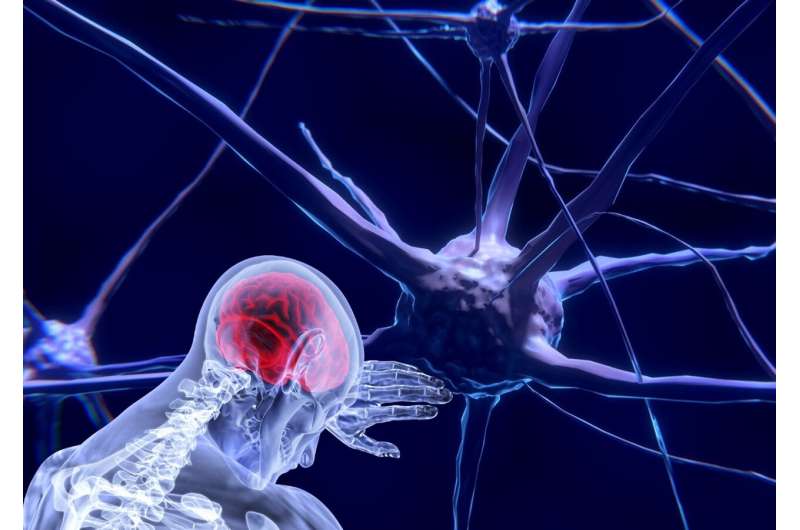Understanding Motion Sickness: Causes, Susceptibility, and Effective Remedies

Learn about the causes of motion sickness, why some people are more susceptible, and effective strategies and treatments to manage symptoms during travel or virtual experiences.
Understanding Motion Sickness: Causes, Susceptibility, and Effective Remedies
Motion sickness is a common phenomenon that affects many individuals during travel or certain digital experiences. Unlike the perception that it is a modern problem, history shows that motion sickness has existed for over two thousand years. Hippocrates noted that navigational activities could disturb the body's equilibrium, and the term "nausea" originates from the Greek word "naus," meaning ship.
Motion sickness manifests with symptoms such as nausea, vomiting, sweating, paleness, dizziness, and fatigue. It can occur in response to real or perceived movement, affecting various modes of transportation like ships, cars, and airplanes, as well as virtual environments such as video games or virtual reality.
The underlying cause of motion sickness remains partially understood, but the most accepted theory suggests that it stems from sensory conflict within the brain. Our inner ear's vestibular system helps maintain balance, but conflicting signals—like movement detected by the inner ear versus visual cues—can confuse the brain. For example, if your body feels movement but your visual input does not confirm this (such as reading in a moving vehicle), it may trigger symptoms.
People with damaged inner ear systems often show a remarkable immunity to motion sickness, supporting the sensory conflict hypothesis.
Susceptibility to motion sickness varies among individuals. While rough, unpredictable movements can induce symptoms in almost anyone, certain groups are more susceptible: women, possibly due to hormonal fluctuations during pregnancy or menstrual cycles, and individuals with conditions like vertigo or migraines. Children tend to experience higher rates between ages six and nine, with susceptibility waning during adolescence and old age.
Different modes of transportation pose varying risks. For instance, cars with rapid, abrupt movements, especially electric vehicles with quick acceleration and a quieter environment, may increase the likelihood of feeling sick. Interestingly, when electric vehicles are operated autonomously, even drivers can become equally prone to motion sickness.
Fortunately, some strategies can help mitigate symptoms. Looking out the window at stable objects like the horizon, sitting in the front seat, or driving instead of riding as a passenger can reduce conflicting sensory signals. Avoiding reading or using mobile devices during travel, practicing mindful breathing, and listening to soothing music may also provide relief.
Medical treatments include over-the-counter antihistamines, which can lessen symptoms, but they may have side effects. Alternative remedies like ginger or acupressure bands have shown some promise, although scientific evidence remains inconclusive. Longer-term options involve prescription medications and skin patches, best discussed with healthcare professionals, especially for children.
Repeated exposure or habituation can decrease sensitivity over time, a phenomenon observed historically with sailors. Some researchers suggest that motion sickness may have evolutionary origins, acting as a protective mechanism to steer species away from dangerous environments, such as rough water or unstable branches.
While inconvenient, understanding and managing motion sickness can improve travel experiences and digital interactions, making it a manageable aspect of daily life for many individuals.
source: https://medicalxpress.com/news/2025-06-people-motion-sickness-remedies.html
Stay Updated with Mia's Feed
Get the latest health & wellness insights delivered straight to your inbox.
Related Articles
Canada's New Guidelines for Neurotechnology Regulation Emphasize Indigenous Rights and Ethical Innovation
Canada is developing new regulatory guidelines for neurotechnology, emphasizing ethical innovation, Indigenous rights, and public trust to guide responsible neurotech advancement.
Type 2 Diabetes Accelerates Progression of Multiple Chronic Diseases, New Research Finds
New research indicates that type 2 diabetes significantly speeds up the development of multiple chronic diseases, especially in middle-aged adults, highlighting the importance of early intervention.
Exploring Advances Toward a Cure for Huntington's Disease: What the Latest Research Reveals
Recent research offers cautious optimism with a new therapy showing promise in slowing Huntington's disease progression. Discover the latest developments and what they mean for future treatments.



